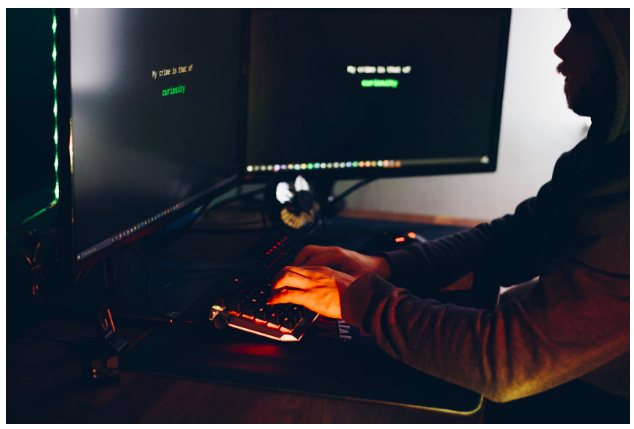10 May 2021
If you, like many small business owners, transitioned your workforce to a remote platform in 2020, you’ve likely already battled some cybersecurity snafus. When IT is not your forte, keeping your systems and data safe is a challenge. The tips below, presented by the information technology experts at Tudip, can help you get a handle on your biggest cybersecurity threats no matter how long you plan to keep your teams remote.
Move to the cloud.
On the surface, it might seem like moving your data and processes to the cloud makes it more vulnerable. Fortunately, that’s not the case. Companies that offer cloud services are much larger than your organization, and they have resources that you don’t. Because of this, at least according to security software developer Norton, your data may be much safer than when it’s sitting on your own hard drive. Before you initiate a transition, however, find a company like Tudip that can do it for you to ensure your data is safe as it migrates to the web.
Hire a cybersecurity partner.
Companies and public institutions in virtually every field have been targeted by cybercriminals. Cloudian illustrates that in March 2021 alone, schools, healthcare providers, electric companies, and even the Spanish government were targeted by ransomware. As the term suggests, this is a type of computer virus that limits your access to your data until you cough up the money (likely in bitcoin) to pay for an encryption key. Even then, chances are that hackers will not provide it. Don’t assume that your remote workers have protection against these types of attacks. Utilize a company that has experience stopping ransomware and other malicious cyberthreats from having an impact. Look for an IT security provider that will continually monitor your systems for changes and will follow current and best industry practices on retaining backups in a secure location as well as promptly addressing and containing any threats.
Cover your most vulnerable areas first.
Do you know where you are most vulnerable to a cyber attack? Probably not. The answer, however, is likely: your employees. Most computer systems have some protection against penetration. And, if you are already using the cloud, you have an additional line of defense. But, people can be tricked. Schedule a cybersecurity training session with your staff. Anyone who logs into your system or uses an email should understand, at minimum, how to spot a suspicious email and the dangers of social media quizzes. With the right training, your employees may be your best tool to protect your assets. If you are still not comfortable with your cybersecurity measures, find an ethical hacker to expose weaknesses in your systems.
Use a VPN.
A VPN, or virtual private network, is often considered one of the most secure ways to work remotely. It’s more secure than a remote desktop and allows your company’s IT team to have more control over who accesses systems. One instance when using a remote desktop makes the most sense is if your employees must have access to a singular central system. For example, your network has technical capabilities that can’t be duplicated by remote employees. In this case, you’ll want to make sure to set permissions so that only the right people can access your company’s most sensitive data.
Last year changed a lot for many people around the world. Fortunately, our employees have risen to the challenges associated with working from their homes. Now, it’s our turn as business owners and leaders to step up our security game so that their home computers are just as secure as those in our offices. Remember, having secure systems protects not only your company’s information but your employees’ personal information as well. When you have cybersecurity measures in place, everybody — except the hackers — wins.









